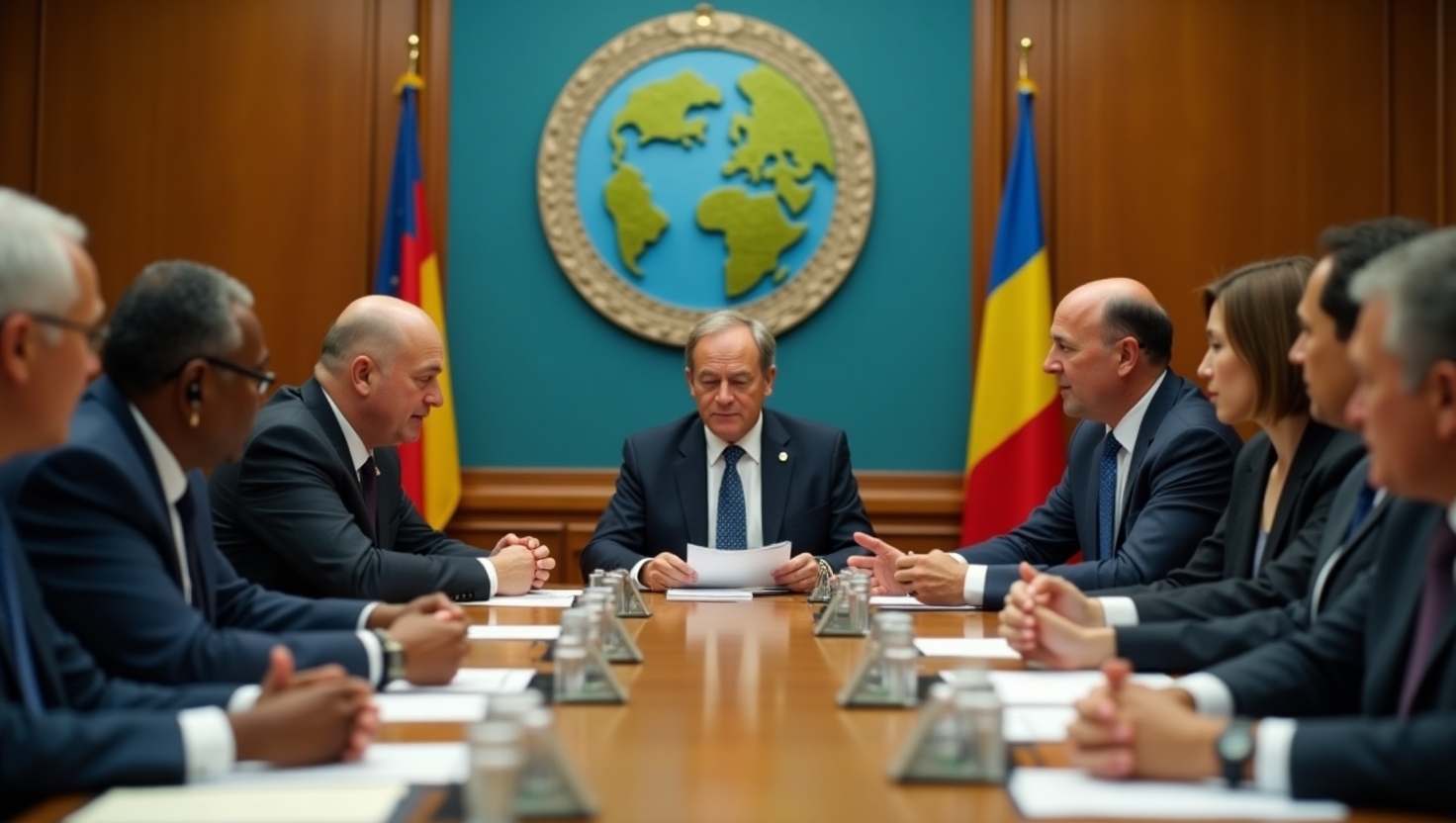Plastic Pollution Treaty: Critical Update on Global Negotiations & Sustainability Roadmap
Introduction
Plastic pollution dumps 8 million tons of waste into oceans yearly, harming marine life and human health. The UN’s Plastic Pollution Treaty aims to transform waste management and promote sustainability, but recent global negotiations hit a snag. This treaty adopts a lifecycle approach, tackling plastic from design to disposal.
- What is the Plastic Pollution Treaty? A legally binding global agreement addressing plastic pollution across design, production, consumption, and waste management.
Background
The UN launched the Intergovernmental Negotiating Committee (INC) in 2022 to forge the Plastic Pollution Treaty by 2025. It covers single-use plastics, microplastics, and toxic chemicals while pushing circular economy models. Key players include governments, NGOs, and industries like packaging firms.
Global negotiations drive the treaty’s progress, uniting diverse stakeholders for unified action.
The INC5.2 Negotiation Deadlock
INC5.2 talks in Geneva collapsed in August 2024 due to disputes over funding and production cuts source. Developed nations clashed with developing ones on sharing waste management responsibilities. This setback risks missing the 2025 deadline, stalling sustainability efforts.
Debates centered on waste management strategies, pitting recycling tech against strict reduction rules.
- What caused INC5.2’s failure? Divergence on finance for waste management and production limits.
Trend Analysis
Countries like the EU and Canada ban single-use plastics to curb pollution. Regulations such as Extended Producer Responsibility (EPR) schemes promote eco-design. Corporates invest in sustainable packaging amid a 40% rise in ESG commitments post-INC5.2.
Global negotiations highlight trends, with events like the Australasian Institute’s sustainability webinar raising awareness source.
Insights from INC5.2’s Failure
EPR implementation proved tough, as nations disagreed on producer accountability. End-of-pipe solutions, like advanced waste management tech, lacked consensus. Equity demands better tech access for developing countries.
India and China advocate South-South platforms for waste exchange, signaling shifts in global negotiations.
2025 Forecast: Rebuilding Trust & Pathways
INC6 in Paris, set for February 2025, will revisit pre-2024 drafts to rebuild momentum. Expect compromises on production limits and green funds for Global South waste management. Circular economy mandates could boost recycling innovations.
However, delays might lead to patchy national laws, weakening the Plastic Pollution Treaty.
Call to Action
Register for the December 19 sustainability webinar on treaty updates to stay informed. Businesses should audit supply chains for plastic alternatives. Individuals can push local waste management policies.
Every negotiation choice shapes tomorrow’s waste realities—act now.
